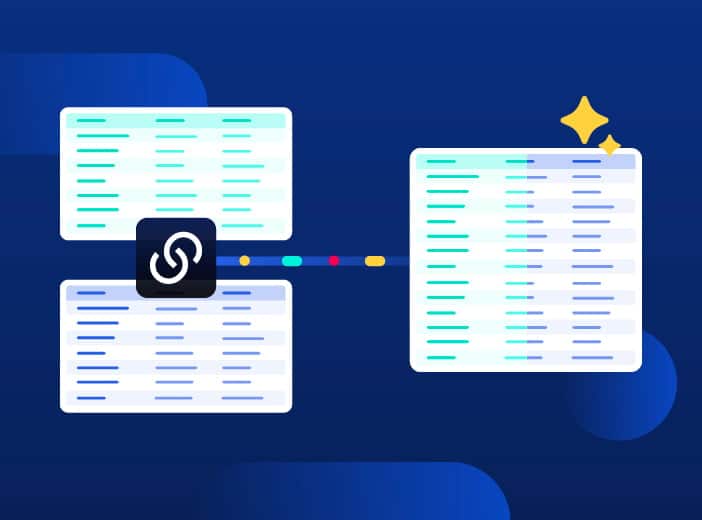5 Myths on Sharing Data that People Believe – but Shouldn’t
A lot has been said and written about data in the last decade. There seems to be a consensus around the merits of sharing data with a wider audience. Yet, many organizations - public and private - are still too cautious about surfing the data sharing wave...

A lot has been said and written about data in the last decade. There seems to be a consensus around the merits of sharing data with a wider audience. The benefits are numerous, whether you hope to build a more transparent culture within your organization, improve the efficiency of your teams or develop new services. If you are facing any of these challenges, data sharing is probably the answer to your questions.Yet, many organizations – public and private – are still too cautious about surfing the data sharing wave. This blogpost is about 5 myths on sharing data that people believe – but shouldn’t.
1. You Need to Be Technical
One common assumption is that you need to be a tech company to make the most out of your data. This is not entirely the case. More than anything else, you need a good understanding of the data that your organization collects or produces. You need to know how it can benefit your teams as well as a wider community. Sharing data is all about being passionate about your data, knowing who you want to share this passion with, and finding the right partner to make sense of it. Pick a tool that will help you visualize, organize, and analyze your data more easily. Large and small private companies such as Schneider Electric or Citilog and cities such as Bristol in the UK or Kingston in Canada have done it. Now it’s your turn!
2. You Need a Large Budget
As with any project involving IT, a common concern is the cost of setting up and running a data sharing platform. There are however millions of ways to design your initiative so that it fits the needs and budget of your organization. You may think that only large corporations and public authorities can afford to embark on a data sharing strategy. Yet, smaller cities such as Namur in Belgium, a city of 100,000 residents with only two people running its data initiative, launched a successful open data platform in June 2018. Small or large, we all have important data to share and cost alone should not be a hurdle.
3. You Need Large Numbers of Datasets to Start a Data Sharing Project
“Data sharing is only worth it if you have A LOT of data to share” – is a line I have heard many times before. That is not exactly true. Most organizations start their data sharing program with only a few datasets. Limiting your initial project to only a few datasets helps you think like an entrepreneur. You should, in fact, build your database as you go along. This will allow you to share data gradually and get early feedback. It will also help you convert your coworkers to embrace the power of data as you expand and reach an ever-growing number of people. Another Belgian city, Liège, started their open data portal with a single use case: real-live monitoring of on-street parking spots. Since then, the platform has grown to include 32 datasets. The bottom-line is – focus on producing quality data and forget about quantity.
4. Data Is Only Relevant for IT Companies
Until recently large datasets were associated with companies whose main business is to produce data. Now is the time to leave this assumption aside and realize that data is, actually, all around. Whether you are a telecommunication or an energy company, an insurance or banking organization, or even if you specialize in fashion or luxury, you can benefit from sharing your data. Realizing that data is not only about IT specialists and data crunchers is the first step to make your data truly bright.
5. Data Sharing Does Not Equal Seamless Data Re-Use
A legitimate concern about sharing data revolves around the existing practical tools that make data reusable. There are ways to strengthen the way in which you share data. A major one is the generation of APIs (Application Programming Interfaces). APIs enable rousers to connect to your data in real-time, extract the relevant information and build new products and services based on this data. Every time you update your dataset, it synchronizes with your users’ applications and updates their information accordingly.
When it comes to sharing your data, there is no bridge too far. Get in touch with us today to start making your data bright and share it with your stakeholders!



